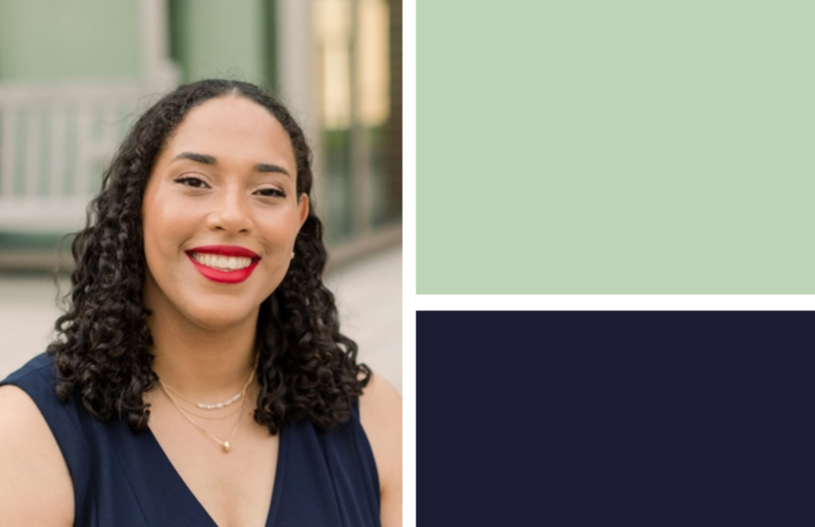Meet the Trainees
Abasi-ama Udeme
Research Project | Toll-Like Receptor-7 in Muscle Resident Macrophages Regulates the Wasting Syndrome in Cancer Cachexia
Mentor | Denis Guttridge, Ph.D.
College of Graduate Studies
Degree Seeking | M.D./Ph.D.
“My goal is to become an orthopedic oncologist who integrates clinical care with research to improve therapies for musculoskeletal cancers.”
Caroline Kittrell
Research Project | Establishing the N-Glycome and Immune Cell Landscape of Progressive Stages of Pancreatic Ductal Adenocarcinoma (PDAC)
Mentor | Richard Drake, Ph.D.
College of Graduate Studies
Degree Seeking | M.D./Ph.D.
“Ultimately, as a clinician scientist, I hope to pursue research that has a profound impact on clinical care and patient outcomes.”
Mirna Mina-Abouda
Research Project | Metallothionein Regulates Metabolic Reprogramming and Mitochondrial Dynamics in Ovarian Cancer
Mentor | Joseph Delaney, Ph.D.
College of Graduate Studies
Degree Seeking | Ph.D.
“I was drawn to the translational focus. As a Ph.D. candidate, I have limited opportunities to build connections with the medical community or to work with physician mentors. This program bridges that gap, allowing me to learn how to align basic science discoveries with clinical relevance.”
Sarah Simpson
Research Project | Utilization of Maternal Preventive Care in Relation to Clinical Factors and Maternal Pregnancy Outcomes
Mentors | Angela Malek, Ph.D. & Kelly Hunt, Ph.D.
College of Graduate Studies
Degree Seeking | Ph.D.
“My long-term goal is to become a public health researcher and epidemiologist at a university or in a state health department in the area of maternal, infant and child health with a focus on translational research.”





